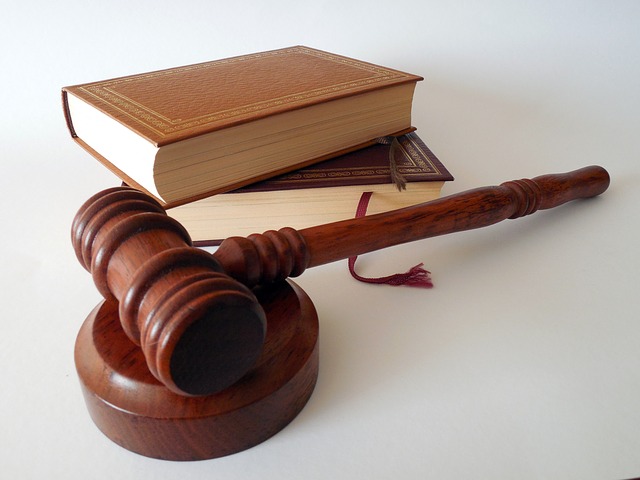Canada News
Montreal university says training Chinese judges helps advance human rights

L’Universite de Montreal’s program offers Chinese judges the chance to study the fundamentals that underpin the province’s legal system, namely the combination of common and civil law as well as the administration of justice. (Pixabay photo)
QUEBEC -A program that allows Chinese judges to come to Montreal to study Quebec law is helping to advance human rights in China, according to the Montreal university that administers it.
L’Universite de Montreal’s program offers Chinese judges the chance to study the fundamentals that underpin the province’s legal system, namely the combination of common and civil law as well as the administration of justice.
One of the school’s administrators says the program could eventually inspire reforms in China.
While the university has had links in China for 20 years, the judge’s program is a result of a co-operation agreement signed in 2014 between the school’s law faculty and China’s National College of Supreme Court Judges.
International affairs department vice-rector Guy Lefebvre believes that Quebec could help serve as a type of model to China as it overhauls its legislative system.
He says Quebec, a province with a civil code based on Napoleonic law, trades almost exclusively with countries that operate under common law.
“When (the Chinese) write, for example, a securities law, which is more Anglo-Saxon in origin, we are able to say how we manage to work in these systems,” he said.
Lefebvre says the program allows judges to do internships in the courts and chambers and offers them a chance to learn about Quebec’s legal system, without implying that one system is the better one.
He believes there is something admirable in the Chinese model, where “the collective is more important than the individual” and where compromise is valued over confrontation.
He said China has made some much-needed improvements to rules surrounding expropriations and intellectual property -and Quebec may have been an influence.
As an example, he said that families who are forced to move because of huge construction sites now get better compensation.
And China, the world champion of counterfeiting, is moving to insert the principles of intellectual property into its civil code.
Lefebvre says China is also expressing interest in creating a legal aid system, which he credits to Quebec influence.
“If it’s adopted, we will be able to say that we have allowed society to evolve,” he said. “That’s how we contribute slowly, modestly, but in the long run to change things.”
The vice-rector says that the Chinese students who come to study in Quebec tend to be interested in the issues of gay marriage, freedom of the press and the fight against corruption.
Some, he said, followed the Charbonneau commission hearings into corruption in Quebec’s construction industry.
The university says many of its graduates now hold prestigious positions in China, including at the national school of the judiciary.
In January, the school’s president was received by Chinese Supreme Court President Zhou Qiang for a meeting in which they discussed the use of artificial intelligence in the courts.
During his trip to China last month, Quebec Premier Philippe Couillard was criticized for not having addressed the issue of human rights in his meetings.
He defended himself, saying it was more efficient to work for action than “to insult people in the public square.”
Quebec’s representative in China agreed, citing Quebec’s influence on the courts as one of the best examples of how to advance human rights in China.
“We have helped make the courts better trained, more transparent,” Jean-Francois Lepine said in an interview.
Both Couillard and Lepine said they anticipate upheavals in China thanks to the emergence of the middle class, which has “formidable power,” according to Lepine.
“Here, contrary to what many people think, there is a democracy from the bottom up, there is a pressure to which the government must respond in an extremely important way,” Lepine said.





















